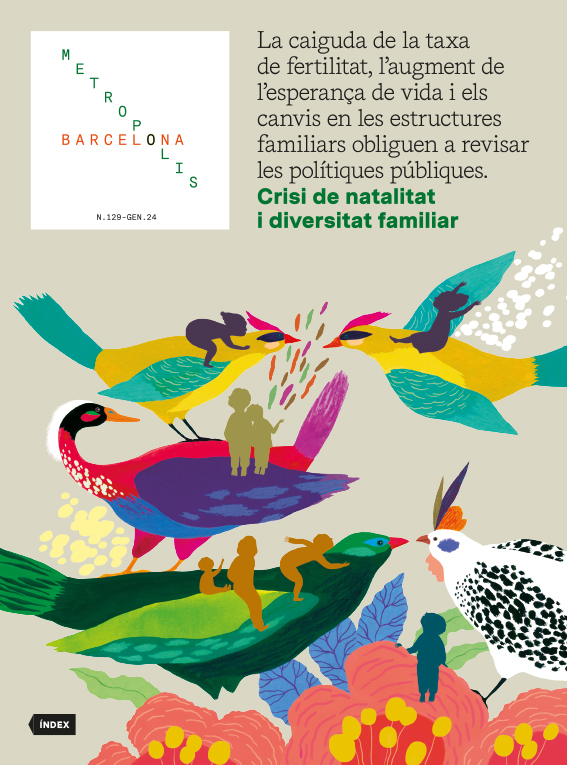Barcelona, a rebellious and insubordinate city
- Books
- Culture Folder
- Jan 24
- 3 mins
In recent years, the notion has increasingly taken hold that the repeated and violent explosion of social conflict in 19th- and early 20th-century Barcelona had made the city known far and wide as the Rose of Fire, particularly in working-class circles. The epithet has become widely used and is today regarded to be an unquestionable truth.
It has little to do with the fact that the historian Josep Termes, the foremost specialist on anarchism in Catalonia, explained to the journalist Lluís Bonada (El Temps, 1/2/2005) that the term “Rose of Fire” had never been used here. At least until 1974; at the end of that year, the historian Joaquín Romero Maura published a book, La rosa de fuego. El obrerismo barcelonés de 1899 a 1909 [The Rose of Fire. Barcelona’s Workers’ Movement from 1899 to 1909], whose title was borrowed from a statement by Antonio Loredo, editor of the anarchist magazine Tierra y Libertad, who said, in 1909, that “where the people fought boldly, to the point of prevailing using terror, was in Barcelona, in ‘the Rose of Fire’, as we call it in America”.
For a well-documented book written with a clear desire to inform, Farràs has chosen a chronological period of one hundred years
It is no wonder, then, that the journalist Andreu Farràs (Barcelona, 1959), a graduate in Information Sciences and also in History, with a longstanding career in the media, author and co-author of several books, has once again chosen, this time in the plural, the epithet of the Rose of Fire to tell us about a city that regularly revolted, to the point, we might say, that it has generated its own vocabulary: Barcelona has been the scene of riots and disturbances, of ruckuses, rebellions and revolts. For a well-documented book written with a clear desire to inform, Farràs has chosen a chronological period of one hundred years, from the riots of 1835 to the May Events of 1937 (with an epilogue dedicated to the protests of October 2019 against the Supreme Court ruling in the case of the procès [Catalonia’s bid for independence], a choice that serves to remind us that independence is also a social movement).
It is a century marked by the Spanish state’s difficulty in building itself, but also in establishing a modern, industrial society in Catalonia; a century during which Barcelona experienced, and played a leading role in, periodic outbursts of socio-political violence: the 19th-century revolts (and the military response), the workers’ strikes, the “redemptive destruction” of anarchist violence (which earned it, this time, both here and everywhere else, the epithet of the City of Bombs), the Tragic Week, the Canadenca strike and pistolerisme [rule by terror]… Events to which the State’s response was usually the declaration of a state of siege or emergency and the suspension of constitutional guarantees.
The “persistence of the revolutionary movement” in Barcelona – which was of such intellectual and political concern to the historian Jaume Vicens Vives – is revealed in this book by Farràs through a series of incidents that constitute part of the city’s historical memory, within a journey that shows us how Barcelona has made insubordination and revolt some of its defining features.
Roses de Foc de Barcelona.
Andreu Farràs
Edicions 62, 2023.
272 pages
The newsletter
Subscribe to our newsletter to keep up to date with Barcelona Metròpolis' new developments




